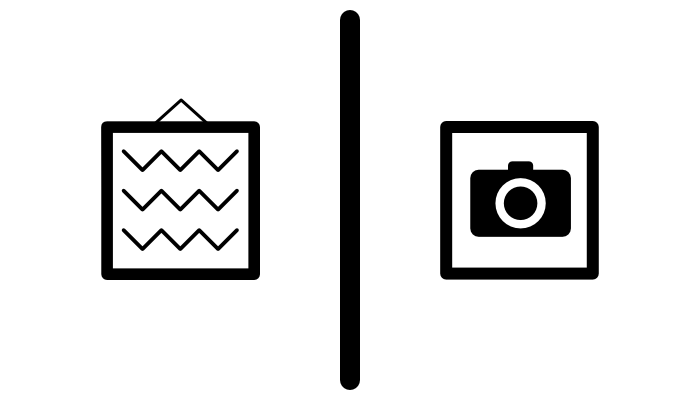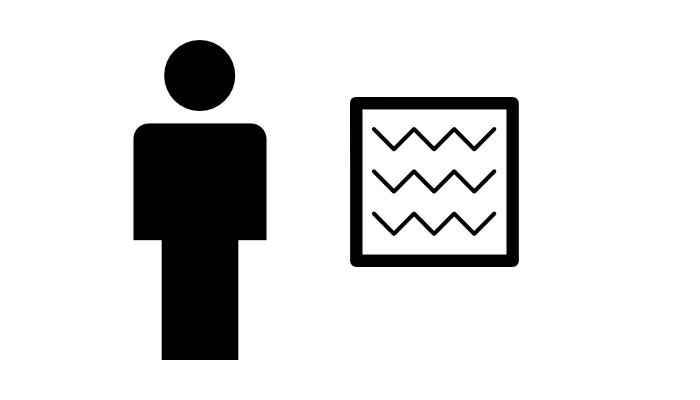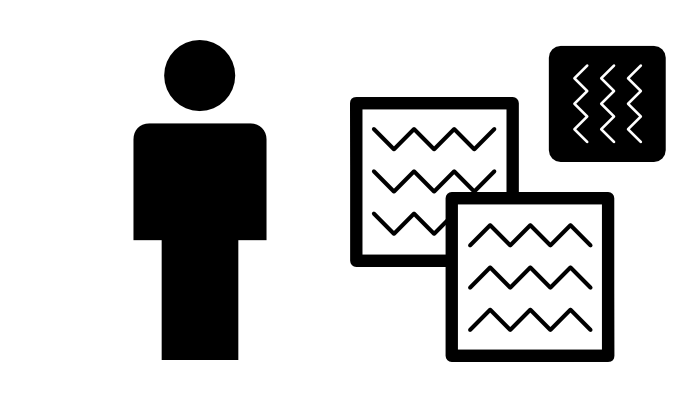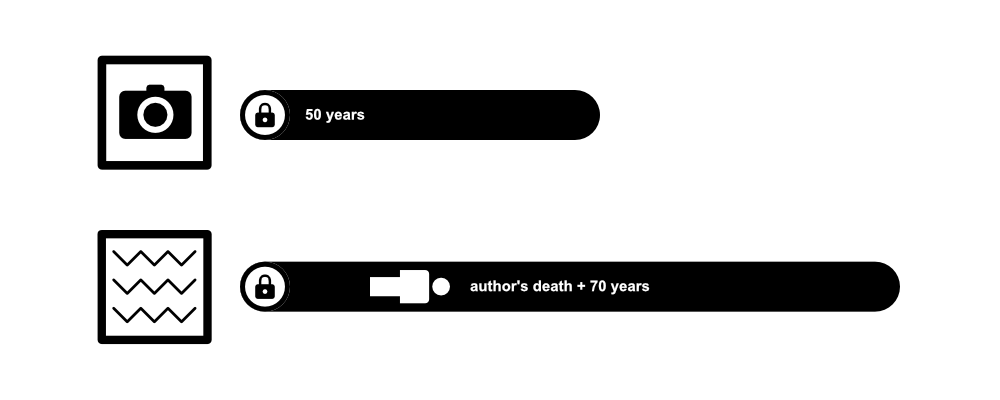What is copyright?

Every time you create something – a photograph, text, or any kind of intellectual work – copyright is automatically created.
The creator and the work

The creator is always a human being or a group of humans.

The work must reach a threshold of originality to be protected by copyright. A simple photograph can be protected by related rights.
What does copyright do?
Copyright protects the moral and economic rights of the creator.

Moral rights will for example protect your right to be attributed as the creator.

Economic rights give you the exclusive right to reproduce the work and make it available to the public in the original or in an altered form.
What is licensing?

The copyright holder can license economic rights to another actor contractually. You can only license what you hold the copyright for.
When does copyright protection end?
Copyright does not exist forever. In Europe, the copyright is in effect for 70 years after the creator died. Related rights for simple photographs expire 50 years after production in Finland.

Public Domain
After copyright expires, the work enters Public Domain, where the work can be freely copied, altered and sold. A work can enter Public Domain also by waiving copyright expressly, or if copyright is not applied for the type of work. The Public Domain state can also be called the Commons.